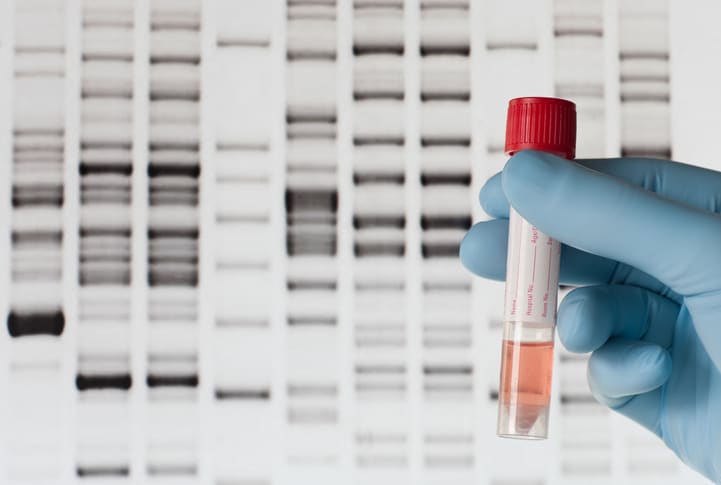On October 2, the Department of Justice (DOJ) announced that Genomic Health Inc. agreed to pay $32.5 million to resolve allegations that it violated the False Claims Act. Genomic Health Inn., headquartered in Redwood City, California, provides genomic-based clinical diagnostic tests, principally focusing on Oncotype DX, which is used for patients diagnosed with breast, colon, and prostate cancer.
The government alleges that Genomic Health Inc. created a scheme to evade Medicare’s 14-Day Rule, which regulates billing for genomic laboratory tests. The Medicare 14-Day Rule “prohibits laboratories from separately billing Medicare for covered tests if a physician ordered the test within 14 days of the patient’s discharge from a hospital stay in an inpatient or outpatient setting.”
These allegations were brought to light by a qui tam whistleblower, who filed two separate actions against Genomic Health Inc. The False Claims Act’s qui tam provisions permit private citizens to file lawsuits on behalf of the government if they know of an individual or company defrauding the government. Qui tam whistleblowers are eligible to receive between 15 and 30% of the government’s recovery. In this settlement, the whistleblower will be awarded approximately $5.6 million.
“This settlement rightly requires the payment of double damages caused by delayed tests for cancer patients for no reason other than to circumvent a Medicare requirement and allow improper payment to GHI,” said U.S. Attorney Breon Peace for the Eastern District of New York. “We will continue to enforce Medicare rules to protect the program and its vital role in our health care system, especially for those suffering from the ravages of cancer.”
“Healthcare providers that unnecessarily delay services to evade Medicare requirements put their own profits over the well-being of vulnerable patients,” said Special Agent in Charge Naomi D. Gruchacz of the Department of Health and Human Services Office of Inspector General (HHS-OIG). “With our law enforcement partners, HHS-OIG is committed to investigating potentially fraudulent billing that can compromise patient well-being and the integrity of our federal health care programs.”
On July 25, a bipartisan group of senators introduced the False Claims Amendments Act of 2023, which address a few technical loopholes undermining the success of the FCA. The bill is widely supported by whistleblower advocates.
“The False Claims Act is America’s number one fraud-fighting law,” said whistleblower attorney Stephen M. Kohn. “These amendments are urgently needed to ensure that whistleblowers can continue to play their key role in protecting taxpayers from corporate criminals.”
Further Reading:
Bipartisan Legislation Unveiled to Strengthen False Claims Act
